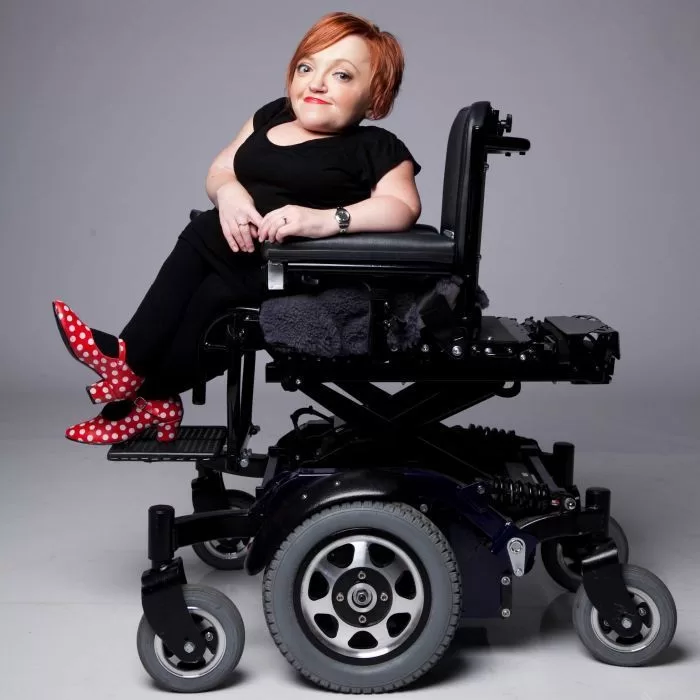Updated on April 7, 2025

Early Childhood Intervention (ECI) is a service that provides support to young children with developmental delays or disabilities. In Australia, the National Disability Insurance Scheme (NDIS) helps fund these early interventions, empowering families to access the therapies and resources needed to improve their child’s development. This article explores what ECI is and how it fits within the NDIS framework.
Early Childhood Intervention
The focus of Early Childhood Intervention is to identify and address developmental challenges as early as possible to help children reach their full potential. The range of services is provided to children aged 0-6 years. The primary goal of ECI is to enhance a child’s overall development—social, emotional, cognitive, and motor skills—while also offering essential support and guidance to their families. Early intervention lays a strong foundation for future learning, independence, and quality of life.
The NDIS and Early Childhood Intervention
Within the NDIS, Early Childhood Intervention is recognised as an essential capacity-building support. Funding covers therapies, assessments, and other services that are vital during the early years of a child’s development, helping families access expert care when it is needed the most.
Children accessing ECI through the NDIS must meet specific criteria based on their developmental needs. Families typically undergo comprehensive assessments that inform a personalised support plan outlining goals and interventions suited to the child’s requirements.
The early childhood approach helps children younger than 6 with developmental delay or children younger than 9 with disability and their families to access the right support when they need it.
Children Younger Than 6 Years:
- Developmental Delay: A child under 6 may be eligible if they have a developmental delay that:
- Is due to a mental or physical impairment.
- Results in substantially reduced functional capacity in areas such as self-care, communication, mobility, learning, or social interaction.
- Necessitates support from multiple professionals working as a team for an extended period (beyond 12 months).
- Developmental Concerns: Children under 6 with developmental concerns can access support through the early childhood approach without a formal diagnosis. Early childhood partners collaborate with families to identify and connect them to appropriate supports.
Children Aged 6 to Younger Than 9 Years:
- Disability: From July 1, 2023, the early childhood approach has been extended to include children under 9 with a diagnosed disability. These children can receive support from early childhood partners who assist in connecting them to necessary services.
It’s important to note that while children under 6 with developmental concerns do not require a formal diagnosis to access support, those aged 6 to under 9 typically need a diagnosed disability to be eligible for ECI services through the NDIS. Early childhood partners play a crucial role in assessing children’s needs and facilitating access to appropriate interventions. (NDIS Guidelines, NDIS)
Key Components of Early Childhood Intervention Services
Multidisciplinary Approach:
ECI is delivered through a team of professionals, which may include occupational therapists, speech pathologists, physiotherapists, psychologists, and other specialists. This collaborative approach ensures that all aspects of a child’s development are addressed holistically.
Types of Interventions:
- Therapeutic Services: These include speech therapy, developmental play sessions, sensory integration therapy, and motor skills development activities.
- Family Support and Education: ECI not only supports the child but also educates and empowers families by offering guidance on managing daily challenges and advocating for their child’s needs.
- Customised Support Plans: Interventions are tailored to each child’s unique needs, with regular evaluations to adjust strategies as progress is made.
Benefits of Early Childhood Intervention
1. Developmental Benefits: Addressing developmental challenges early helps children integrate more effectively into school and community settings, setting the stage for long-term success.
2. Family Impact: Families gain confidence as they learn how to support their child’s development and advocate for their needs within the NDIS framework.
3. Community and Societal Benefits: Children who receive timely support are more likely to participate in mainstream education and community activities, ultimately reducing long-term care costs and building a supportive environment for individuals with disabilities.
How to Access ECI through the NDIS
1. Initial Assessment and Referral: The first step is to have your child assessed by professionals specialising in early childhood development. This comprehensive assessment identifies the areas where intervention is needed and forms the basis of a support plan.
2. Developing an NDIS Plan: Then, work closely with NDIS support coordinators to include Early Childhood Intervention in your child’s plan. This process involves setting clear, achievable goals and outlining the services required, with regular reviews to reflect the child’s progress.
>>> Tips for Success:
- Engage Early: The sooner you seek an assessment, the earlier your child can access beneficial interventions.
- Collaborate: Work closely with therapists, educators, and support coordinators to ensure a comprehensive approach.
- Stay Informed: Familiarise yourself with NDIS processes and funding options to effectively advocate for your child’s needs.
Common Questions
Do you need a diagnosis for early intervention NDIS?
A formal diagnosis can help expedite access to Early Childhood Intervention through the NDIS, but it isn’t always a strict requirement. Often, comprehensive assessments by qualified professionals determine a child’s developmental needs, which then inform the intervention plan.
What is the age cut-off for NDIS early intervention?
The NDIS typically supports early intervention services for children aged under 6 years, and this has been extended to include children under 9 years with a diagnosed disability.
What qualifications do you need for early intervention?
Professionals providing early intervention services usually hold specialised qualifications in fields such as occupational therapy, speech pathology, physiotherapy, or psychology. In addition, ongoing professional development and adherence to NDIS guidelines are essential for maintaining high standards of care.
What are NDIS-funded activities for kids?
NDIS-funded activities for kids can include a range of therapeutic services, such as speech therapy, occupational therapy, physiotherapy, and sensory integration sessions. Other supports might include developmental playgroups, assistive technology, and family education programs. These activities are designed to enhance a child’s functional skills, social interactions, and overall quality of life while supporting their long-term development.
Conclusion
Early Childhood Intervention within the NDIS framework offers a lifeline for young children facing developmental challenges, along with vital support for their families. By providing early, customised, and multidisciplinary services, ECI helps build a strong foundation for future success—enhancing communication, social skills, and overall independence.
Looking for reliable and trustworthy care services?
At Centre Disability Support, we offer tailored support services for individuals with disabilities throughout Australia. We offer housing options in Logan, Ipswich and Brisbane areas, where we provide independent supported living or assist individuals in finding suitable options for individualised living.
Additionally, we provide day-to-day support for individuals with mental health issues, complex behaviour and other types of disabilities. We also have support coordinators available to assist with planning, navigating NDIS plans, and offering casework support.
Whether you’re seeking support for yourself or a loved one or simply wish to learn more about our services, we’re here to help.
RELATED
How to Support Someone with Intellectual Disability



